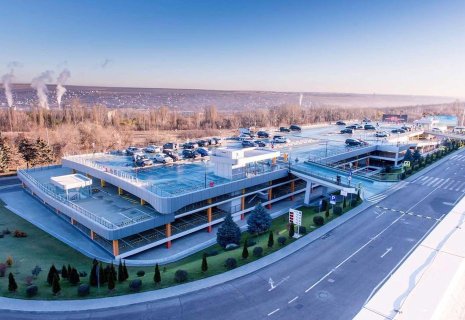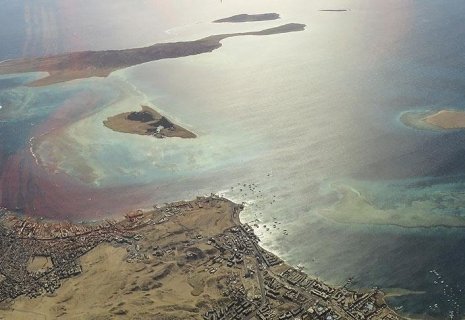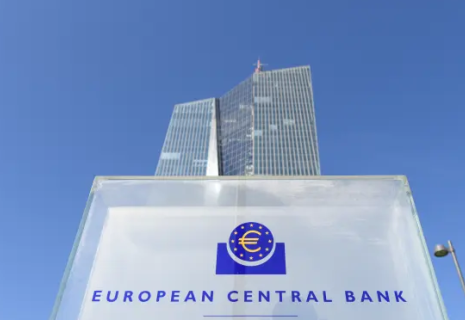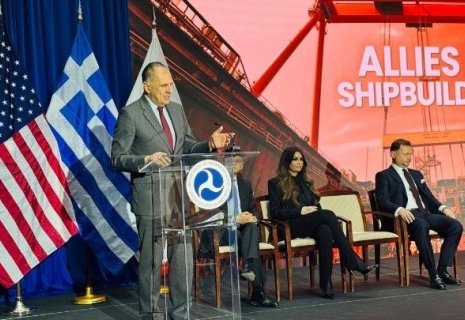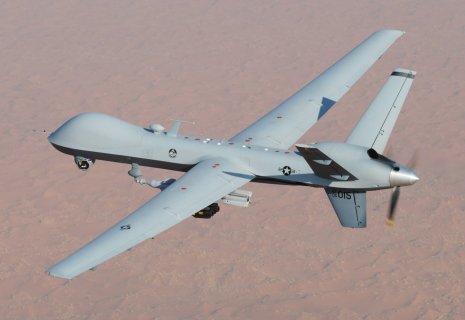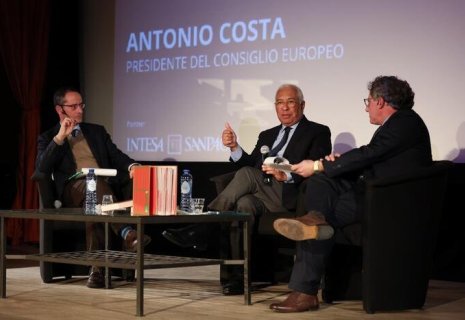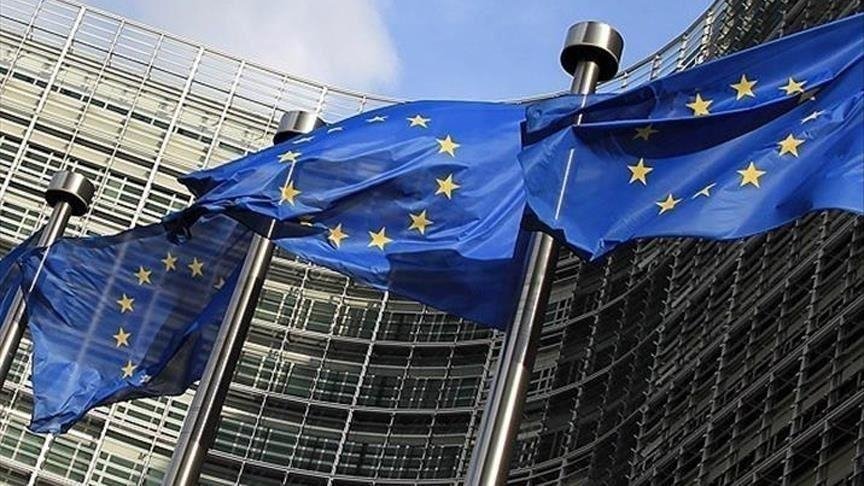
EU Economy Faces Challenges Amid US Policies and Internal Struggles
The European Union is grappling with economic stagnation, geopolitical tensions, and trade disruptions, exacerbated by US policies and the ongoing war in Ukraine, CE Report quotes Anadolu Agency
Trade Tensions with the US
The EU’s historically close relationship with the US has been strained, particularly since Donald Trump took office. His "America First" policies introduced protectionist measures, including a 25% tariff on steel and aluminum imports, prompting strong opposition from EU officials who see them as unfair trade barriers. Additionally, Trump's push for higher NATO defense spending—suggesting an increase from 1.9% to 5% of GDP—has put further financial pressure on EU nations.
Economic Struggles and Growth Slowdown
Many EU countries face high public debt and budget deficits, complicating efforts to boost defense spending. Economic growth remains sluggish, with forecasts for 2025 at just 1.5%, while the eurozone’s growth rate may hover around 1% this year. Over the past 15 years, the EU's economic expansion has significantly lagged behind the US, which saw a 70% GDP increase compared to the EU’s 20%.
Declining productivity, rising labor costs, and a loss of competitiveness against the US and China have further weakened Europe’s industrial base. To counter this, the EU is focusing on reducing bureaucracy, increasing investments in AI and tech, and cutting energy costs. However, US responses to economic challenges have been quicker and more substantial, making it harder for the EU to compete.
Inflation and Energy Concerns
Inflation remains a challenge, with the eurozone’s rate hovering around 3%, above the European Central Bank’s 2% target. Additionally, Europe’s natural gas reserves have dropped below 50% capacity, with gas prices hitting a two-year high due to cold weather and supply constraints.
With rising economic and geopolitical uncertainties, the EU faces mounting pressure to address internal inefficiencies and navigate its strained relations with the US while maintaining financial and political stability.


